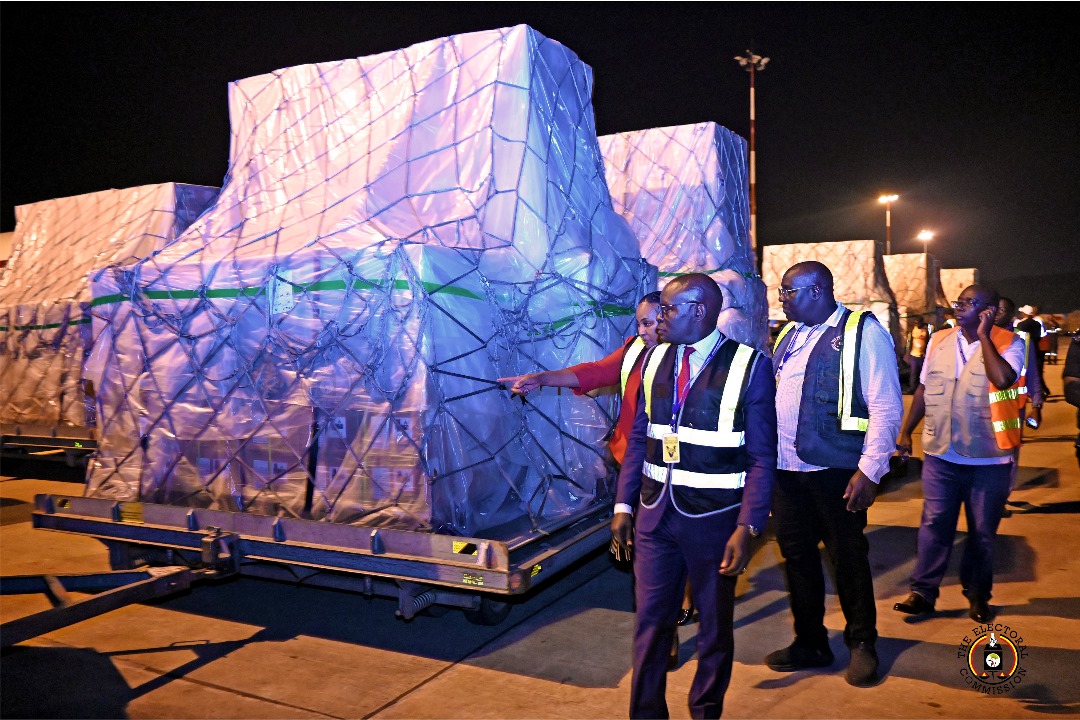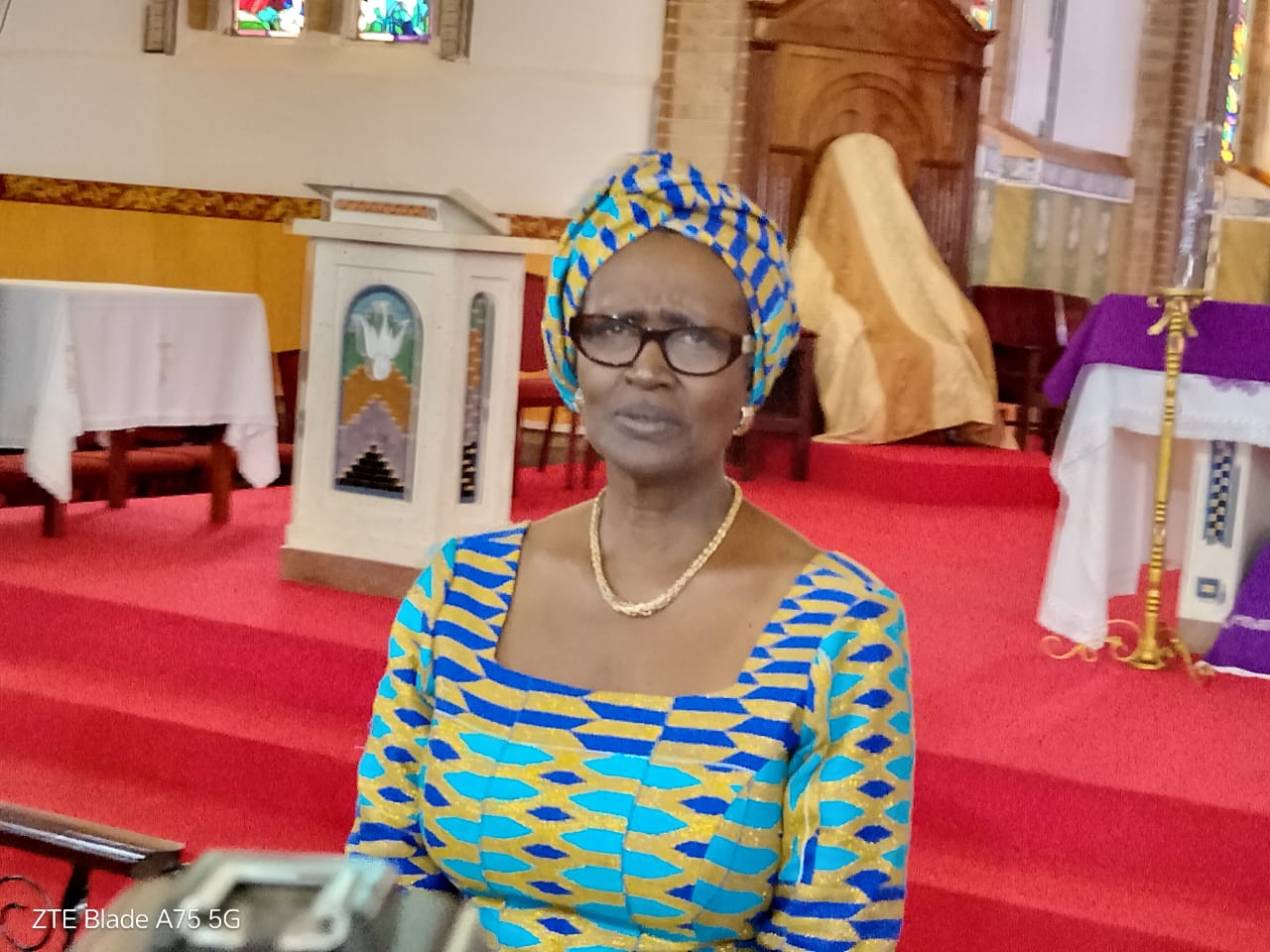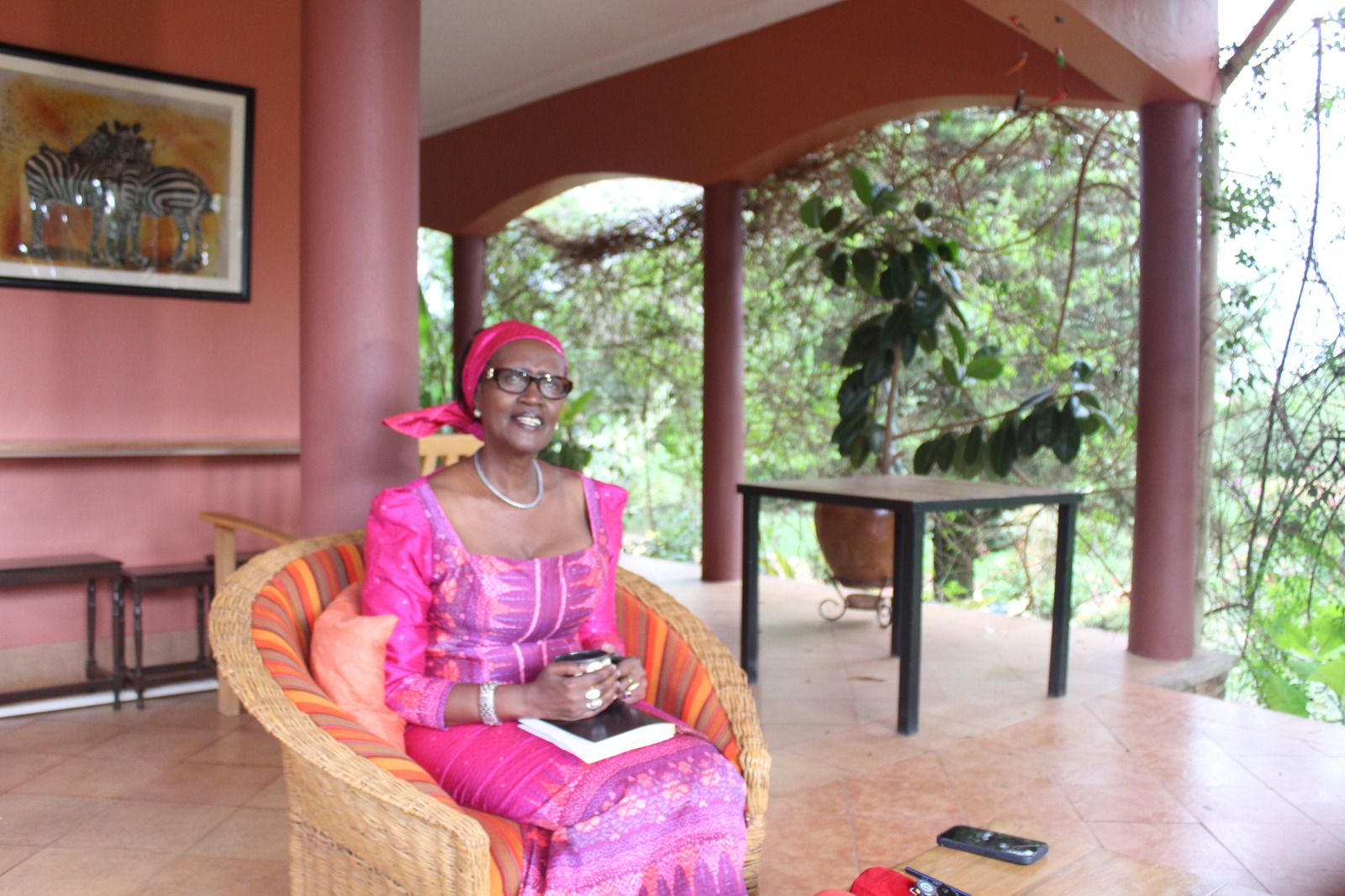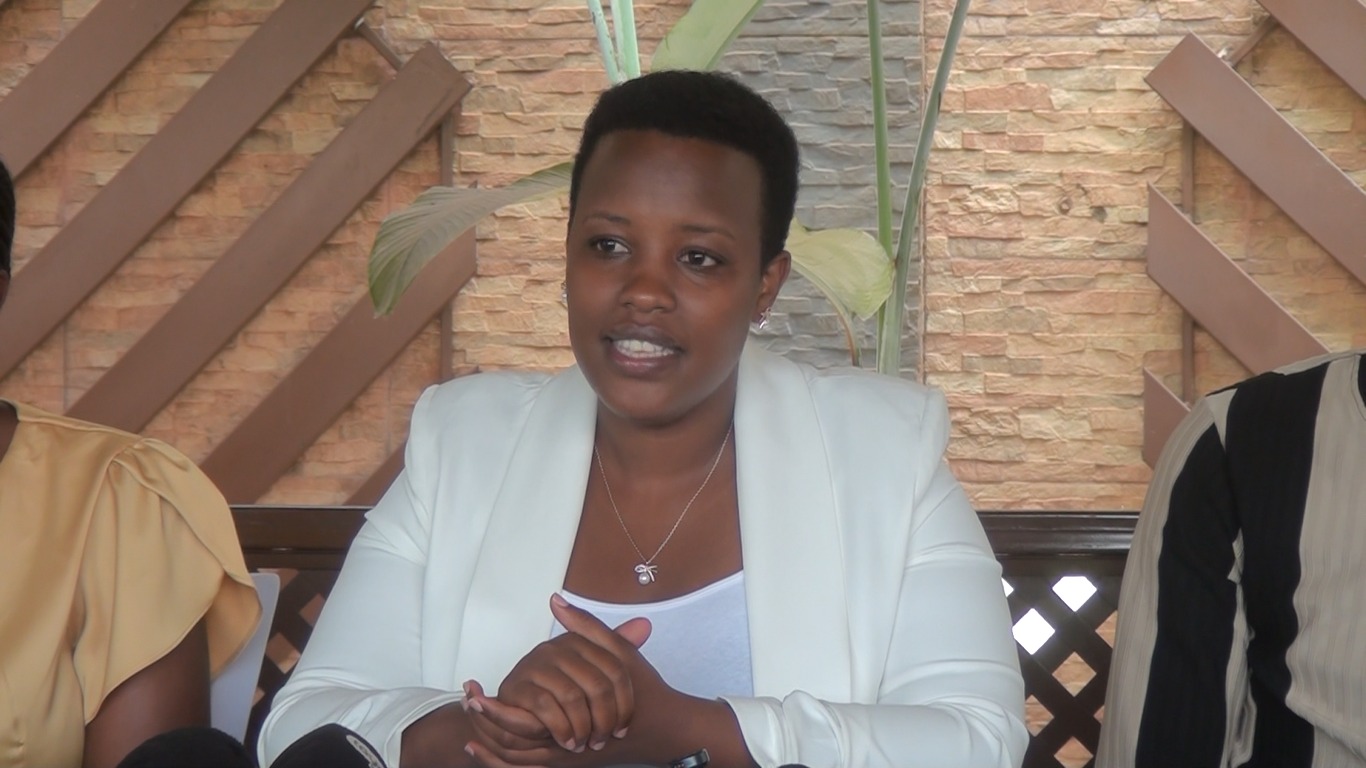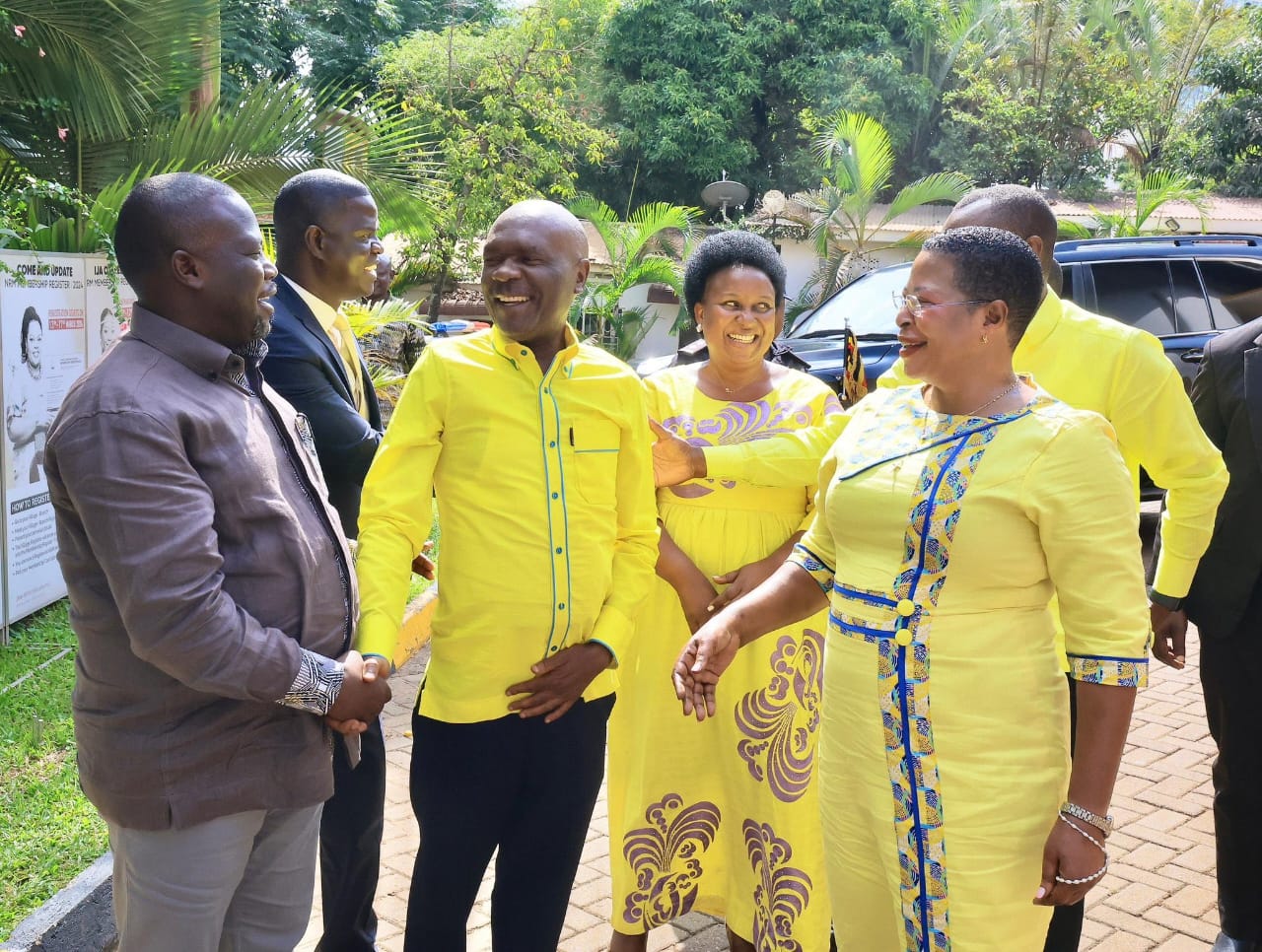The Electoral Commission (EC) has taken delivery of the initial consignment of 60,000 biometric voter verification devices ahead of the 2026 elections.
The consignment landed at Entebbe International Airport at 11:45 p.m. yesterday aboard a privately chartered freight aircraft. The EC Chairperson, Justice Simon Byabakama, accompanied by senior officials, was present to oversee the reception.
Byabakama described the arrival as a pivotal achievement in readying the nation for the presidential, parliamentary, and local government polls scheduled for 15 January 2026.
He explained that the biometric units will be deployed at polling stations across the country to authenticate and verify eligible voters prior to the issuance of ballot papers.
“This marks the first tranche of a total order of 109,142 devices,” Byabakama said.
The remaining units are expected to reach Uganda by the close of November. He commended the supplier, Simi Valley Company, for adhering to the agreed timeline, thereby enabling the EC to remain on track with its electoral roadmap.
He assured that the EC has addressed previous shortcomings, particularly in regions with unreliable electricity or poor network coverage.
“The new units perform reliably even under challenging circumstances,” he emphasised. The EC will also conduct comprehensive training for polling officials and extensive voter awareness campaigns for the public.
Byabakama clarified that the production of ballot papers is a distinct operation handled by separate contractors to enhance transparency and security.
He pointed out that ballot printing has not yet commenced, as candidate nominations have only recently concluded. The EC is currently scrutinising and validating nomination documents before initiating the printing process.
Byabakama expressed confidence that, with this initial delivery and the forthcoming batches, the EC is well positioned to conduct free, fair, and credible elections in 2026.
He extended gratitude to the government for its financial and logistical support in procuring the biometric systems, underscoring that such measures are essential for maintaining peace and stability throughout the electoral period and beyond.
He declined to disclose the country of manufacture, merely stating that the devices were produced “from within the world.”
In the 2021 elections, Uganda experienced delays in material distribution, insufficient voter familiarisation with biometric technology, and reports of sluggish equipment performance.



